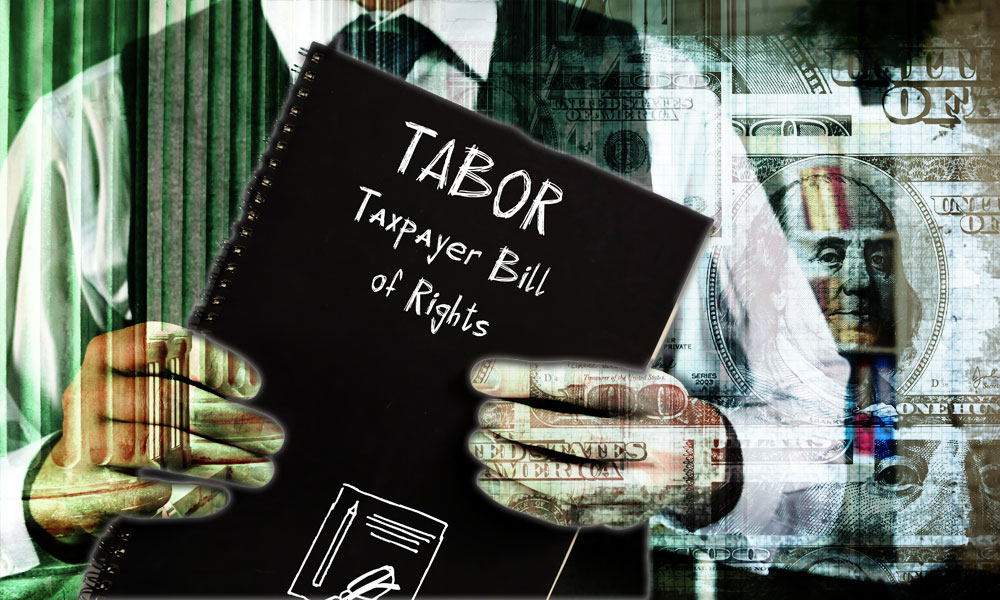 Contact
About Us
Articles
Home
Contact
About Us
Articles
Home

When confronting the vast bureaucracy of the Internal Revenue Service, many Americans feel a sense of powerlessness and anxiety. The mere sight of an IRS letter in the mailbox can trigger concern, while the prospect of an audit or collection action often creates genuine fear. However, this intimidation factor sometimes stems from a lack of awareness about the protections every taxpayer possesses. The Taxpayer Bill of Rights, formally adopted in 2014 and codified by Congress in 2016, has fundamentally transformed the relationship between taxpayers and the IRS by establishing clear, enforceable rights that are intended to ensure fair treatment and due process in all tax matters. Understanding these protections can turn what feels like an adversarial relationship into a more balanced interaction, where taxpayers stand on solid legal ground with specific, enforceable rights.
At its core, the Taxpayer Bill of Rights represents a philosophy that all taxpayers, regardless of their financial circumstances, have equal access to information, representation and fair treatment. The legislation emerged from decades of advocacy and congressional recognition that taxpayers needed stronger protections when dealing with the massive federal tax bureaucracy known as the IRS.

Financial protections under the Taxpayer Bill of Rights go far beyond the goal of ensuring you pay only the correct amount of tax. It is intended to safeguard against aggressive collection actions that could otherwise devastate families' financial stability. When the IRS initiates collection proceedings, the Taxpayer Bill of Rights mandates specific protections, including automatic exemption of a portion of wages from levies to ensure taxpayers can maintain basic living expenses. The IRS must obtain court approval before seizing a primary residence, providing protection for families facing tax difficulties.
Perhaps most importantly, the Taxpayer Bill of Rights establishes the right to manageable installment agreements with reduced penalties, making tax debt resolution more feasible for struggling taxpayers. During the review of taxpayer assistance orders, all collection actions must cease, preventing the IRS from taking irreversible steps that could harm taxpayers seeking relief. These protections become particularly crucial during economic downturns or personal financial hardships when taxpayers are most vulnerable.
Here are the 10 fundamental rights listed in the Taxpayer Bill of Rights:

Privacy protections under Taxpayer Bill of Rights reflect modern concerns about information security and personal privacy. The legislation mandates strict controls over how the IRS can collect, use and share taxpayer information. All examinations and enforcement actions must be conducted with minimal intrusion into personal affairs, with the IRS required to demonstrate clear justification for information requests.
The confidentiality provisions extend beyond basic tax return information to encompass all communications between taxpayers and the IRS. Third-party contacts about tax matters face strict limitations, helping ensure that the IRS cannot unnecessarily disclose your tax situation to employers, neighbors or business associates. Tax preparers and IRS employees face serious consequences for unauthorized disclosures, creating multiple layers of privacy protection.
The Taxpayer Bill of Rights' right to representation provisions are intended to ensure that complex tax matters need not be faced alone, regardless of financial resources. This protection extends beyond simply allowing taxpayer representatives to include innovative programs ensuring access to professional assistance. Low Income Taxpayer Clinics (LITCs) operate nationwide, providing free or low-cost representation to qualifying taxpayers who otherwise might face the IRS without professional guidance.
Professional representation becomes particularly crucial during audits, appeals and collection actions where technical tax expertise can significantly impact outcomes. Representatives can help interpret complex IRS communications, ensure procedural requirements are met and advocate for taxpayer interests through administrative and judicial proceedings.

The Taxpayer Advocate Service (TAS) serves as a powerful independent voice within the IRS, dedicated to ensuring Taxpayer Bill of Rights protections translate into real-world benefits for taxpayers. When conventional IRS channels fail to resolve issues, TAS can intervene with broad authority to prevent or remedy significant hardships. This unique organization combines individual case advocacy with systemic improvement initiatives, addressing both immediate taxpayer needs and underlying administrative problems.
TAS maintains independence from regular IRS operations, allowing frank assessment of agency practices and strong advocacy for taxpayer interests. Their annual reports to Congress highlight systemic problems and propose solutions, driving continuous improvement in tax administration. Educational resources provided by TAS help taxpayers understand and assert their rights effectively.
Understanding your rights under Taxpayer Bill of Rights provides the foundation for effectively managing IRS interactions. Document all communications with the IRS, including dates, times and names of officials contacted. When facing complex tax situations, consider seeking professional representation early in the process, particularly given access to Low Income Taxpayer Clinics for those with limited resources.
Don't hesitate to escalate issues to supervisors or the Taxpayer Advocate Service when normal channels prove inadequate. Taxpayer Bill of Rights protections are most effective when actively asserted by informed taxpayers who understand their rights and the resources available to protect them.
The Taxpayer Bill of Rights represents an important evolution in tax administration, balancing the government's need to collect revenue with fundamental taxpayer protections. As tax laws and administrative procedures grow more complex, these protections become increasingly important for ensuring fair treatment and due process. Understanding and asserting your rights under Taxpayer Bill of Rights helps ensure that interactions with the IRS proceed fairly and professionally, with appropriate respect for taxpayer interests and dignity.
Alliance America is an insurance and financial services company dedicated to the art of personal financial planning. Our financial professionals can assist you in maximizing your retirement resources and achieving your future goals. We have access to an array of products and services, all focused on helping you enjoy the retirement lifestyle you want and deserve. You can request a no-cost, no-obligation consultation by calling (833) 219-6884 today.


